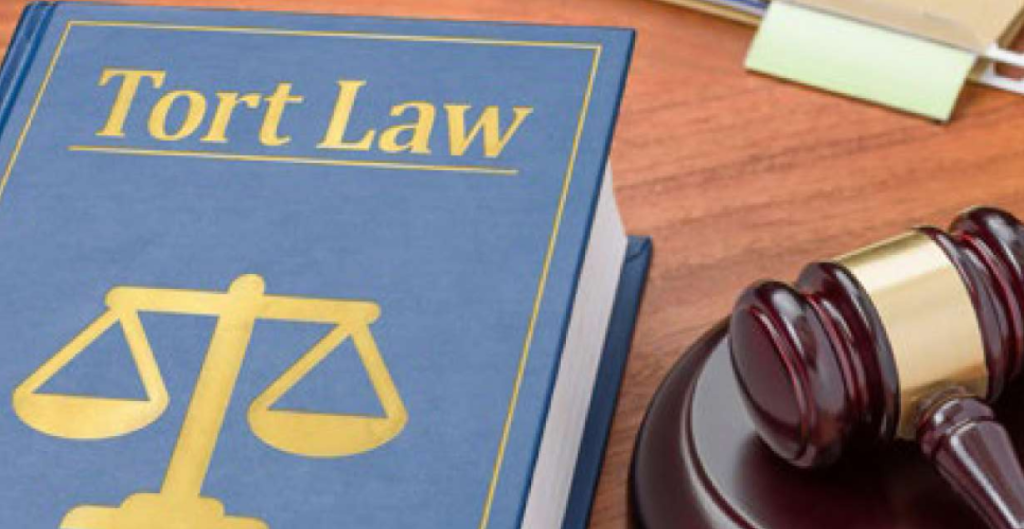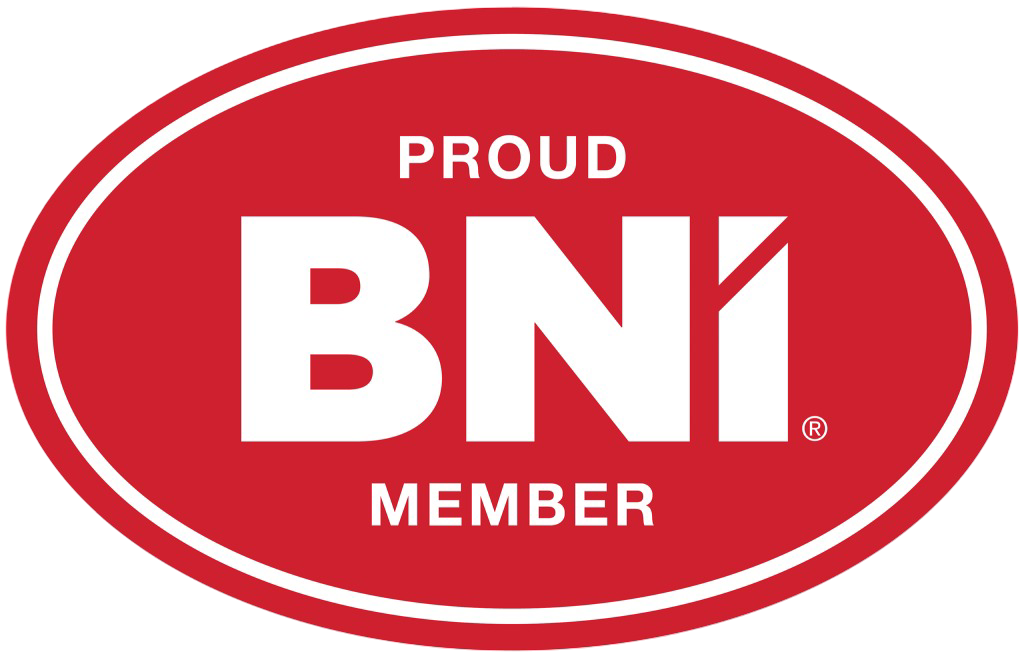This is the fourth article in a series that lights the way to success under Florida Tort Reform’s Section 768.0427. This article will explain how Subsection (2)(e) can be used to prevent the insurance defense industry from presenting the health insurance reimbursement rates discussed in Subsections (2)(b)(1), (2)(b)(2), and (2)(c)(1).
Section 2 deals with evidence that may be offered to prove the amount of damages for medical services. Subsection (2)(b), more specifically, deals with evidence offered to prove the amount necessary to satisfy unpaid charges for past medical services. Subsection (2)(c) deals with evidence offered to prove the amount of future medical services.
Within these subsections, the Statute further discusses three scenarios in which the defense is permitted to present insurance reimbursement rates to the jury. 1 First, Subsection (2)(b)(1) tells us (as to past medical services) that if the patient has commercial health insurance and the provider submits the bill to that insurer, the jury may consider evidence of the amount the insurer is obligated to pay the provider.” Second, Subsection (2)(b)(2) tells us (as to past medical services) that if the patient has commercial or govern- mental health insurance, but does not submit charges to that insurer, the jury may consider evidence of the amount the insurer would pay the provider had the patient obtained medical services pursuant to the coverage. Finally, Subsection (2)(c)(1) tells us (as to future medical services), that if the claimant has or is eligible for commercial health insurance, the jury may consider evidence of the amount at which future charges could be satisfied if submitted to the insurer.
After the Statute provides these three scenarios in which the defense is permitted to present insurance reimbursement rates to the jury, the Statute then tells us in Subsection (2)(e) that contracts between providers and commercial insurers and HMOs are not discoverable. This is curious because the supposedly admissible reimbursement rates discussed in Subsections (2)(b)(1), (2)(b) (2), and (2)(c)(1) can all be found only in the fee sched- ules contained within the supposedly undiscoverable contracts. Something has to give between the admissibil- ity of reimbursement rates and the non-discoverability of the contracts that contain those reimbursement rates. There are several ways this can play out in the courts, but there is not enough space in this article to discuss all of them. The following appears to a likely scenario:
* Each Subsection also allows the jury to consider the patient’s out-of-pocket “medical expenses under the insurance contract or regulation.” This, however, is not relevant to this article.
When the defense seeks reimbursement rates under Subsections (2)(b)(1), (2)(b)(2), or (2)(c)(1), the provider should file a motion for protective order (MPO) under Subsection (2)(e). The defense will argue that granting the MPO would unconstitutionally delete Subsections (2)(b)(1), (2)(b)(2), and (2)(c)(1) from the Statute. But the provider should point out the error in this argument – under all those subsections, the defense can still present the reimbursement rates when a provider or health insurer volunteers them and when the defense has already obtained the reimbursement rates in another case. Note that the defense does not have a similar response to the provider’s claim that denying the MPO unconstitutionally deletes Subsection (2)(e) from the Statute.
...contracts between providers and commercial insurers and HMOs are not discoverable
Because the provider’s argument allows for a consistent reading of Subsections (2)(b)(1), (2)(b)(2), (2)(c)(1), and (2)(e), and the defense argument does not, the court should grant the MPO. If the provider prevails on the MPO, the defense will not discover reimbursement rates, and if the defense does not discover reimbursement rates, the defense has no way to admit them to the jury.
The Doctor’s Lawyer, Pllc.
Phone: (813)486-7321
Email: aaron@doclawfirm.com
Website: https://www.doclawfirm.com











